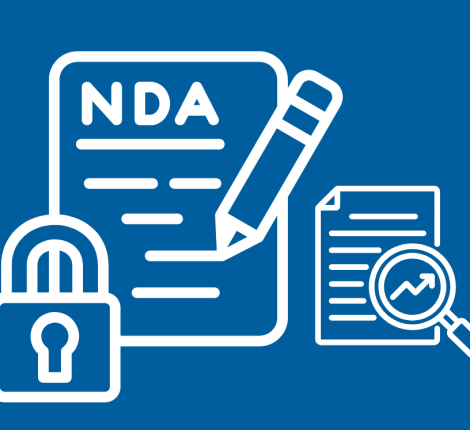HR Newsletter: Implementing Work From Home-February-2021
The Indian labour laws currently do not have any specific codified guidelines around a temporary/permanent ‘work from home’ arrangement for any establishment. As such, the rules and regulations pertaining to any permanent/temporary ‘work from home’ arrangement are completely governed by the company’s policy on working from home or working remotely from any location.
Labour law applicability: The applicability of any labour law to a particular employee depends on the location of the establishment than that of the employee. For example, an employee who is associated with an establishment located in Pune (Maharashtra), but working from his residence located in Bhopal (Madhya Pradesh), will be governed by the state laws of Maharashtra for all labour law purposes.
Address of employees on company’s records: Employees need not have any additional address of the place/state in which the company has its office.
Industry Practise of ‘work from home’: As on date, there is no specific law which lays down procedure and guidelines regarding ‘work from home’ arrangement.
In order to implement a regular ‘work from home’ arrangement for the employees, the following practices should be adopted:
a) Implementation of a robust policy on working remotely or working from home.
b) Identification of the ways and methods to track the working hours of the employees, training schedules and other business-related requirements.
c) Carrying out revisions in the joining and exit procedures.
d) Carrying out revisions and strengthening Data Security/Information Security policies.
e) Obtaining an undertaking from the employees to adhere with the policies of the company, if not already in place.
f) In case of closure of company branches, issuing appropriate transfer letters to the employees to change their base location.
Validity: E-signing of Employment Agreements
In this new normal, IT industries have adopted online practise of signing and accepting all the documents through platforms like “Adobe” or “DocuSign” or through official emails. However, it is essential to understand if such practise is viable. Thus, to ascertain legal validity of the procedure used to take approval or acceptance of an offer letter or an employment agreement electronically, we have placed reliance on the following:
a) “every contract made by the parties with free consent and with a lawful object are not expressly declared to be void.” (Section 10, Indian Contract Act, 1872) (the “Contract Act”)
b) Further, “where in a contract formation, the communication of proposals, the acceptance of proposals, the revocation of proposals and acceptances, as the case may be, are expressed in electronic form or by means of an electronic record, such contract shall not be deemed to be unenforceable, solely on the ground that such electronic form or means was used for that purpose” (Section 10A of the Information Technology Act, 2000), (the “IT Act”).
c) Furthermore, Section 3A of the IT Act provides recognition to the electronic signatures or electronic authentication technique, which are reliable. For clarity, pursuant to Section 3A(2), the signature creation data would be considered reliable if, (i) linked to the signatory; (ii) at the time of signing is under the control of the signatory; and (iii) is capable of detection of any alteration to the electronic signature or the information contained therein.
d) In a judgement, namely, Tamil Nadu Organic Private Ltd v. State Bank of India (AIR 2014 Mad 103), the High Court of Madras has observed that contractual liabilities could arise by way of electronic means and that such contracts could be enforced through law. The High Court further stated that Section 10A of the IT Act enables the use of electronic records and electronic means for the conclusion of agreements, contracts and for other purposes.
e) Similarly, the Supreme Court of India, in delivering its judgement in Trimex International FZE v. Vedanta Aluminum Limited India (2010 (1) SCALE 574) observed that if the terms of a contract have been discussed over email, such emails constitute a valid contract and hence were enforceable.
In light of the above, it can be inferred that acceptance of agreement through the electronic medium by fulfilling the procedure laid down in the IT Act and the Contract Act will be a legally valid documentation process.




